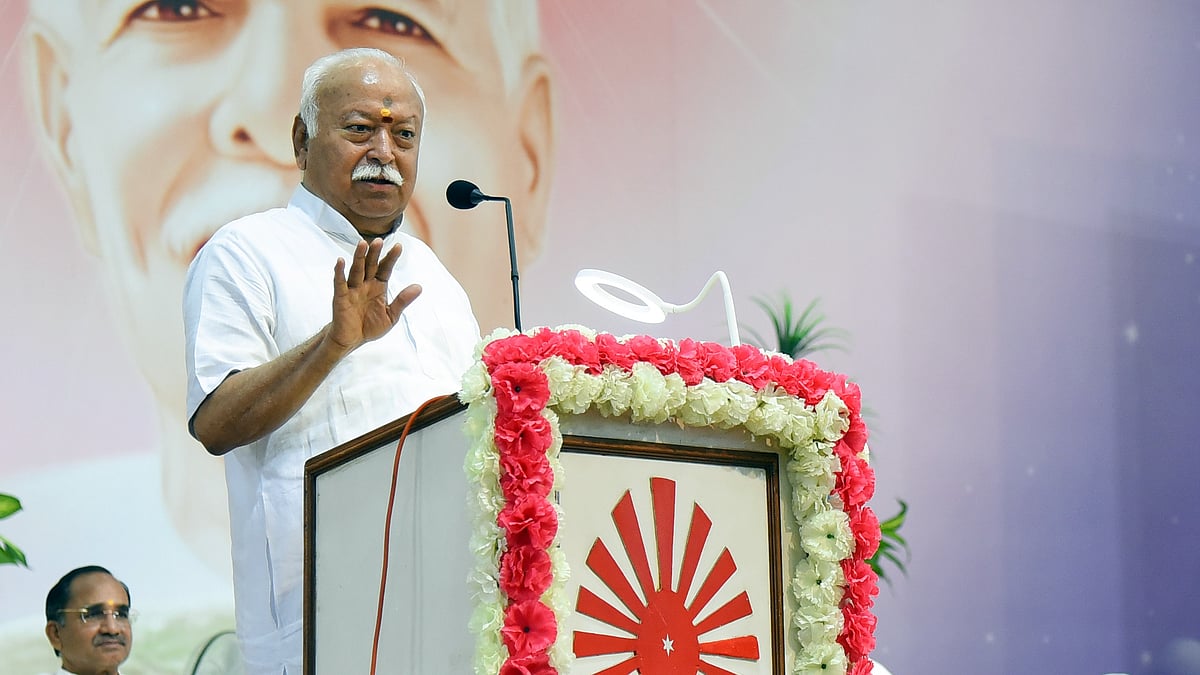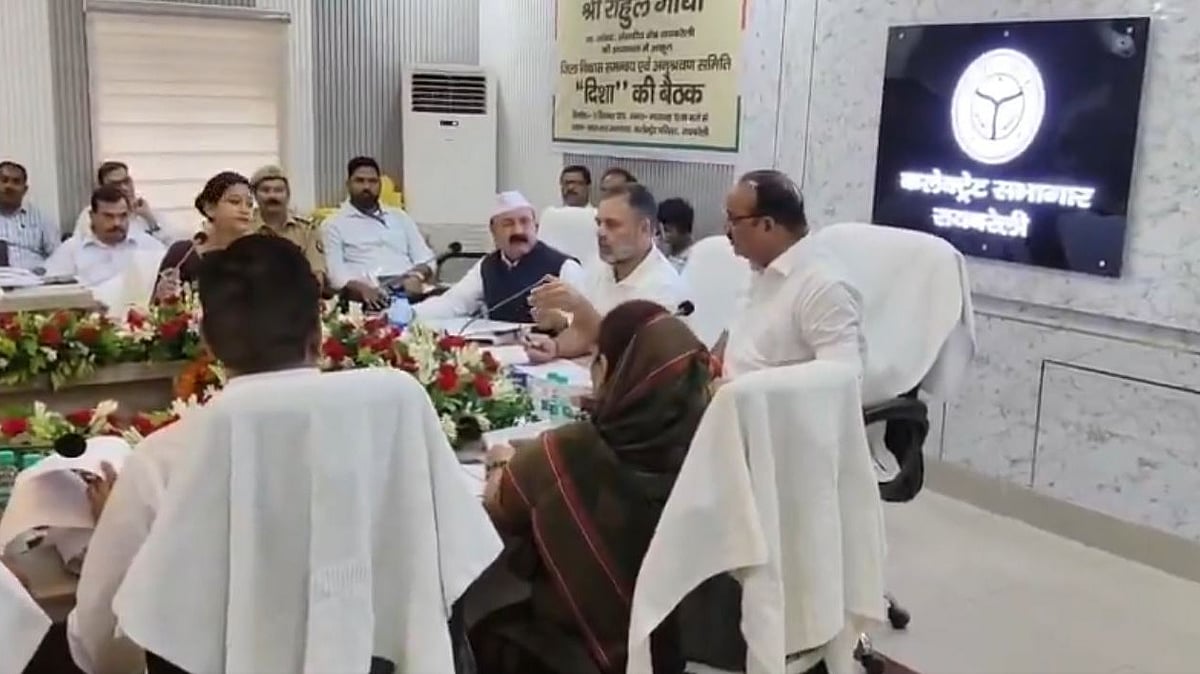Maruti Suzuki India Limited, India's largest carmaker has forecasted the sector to return to a long-term growth rate of 7 percent by FY27, supported by lower PV-prices.
At a SIAM event in the national capital, Partho Banerjee, senior executive officer, marketing and sales, Maruti Suzuki said that the company has seen a jump in inquiries by 15 percent since August 15 when Prime Minister Narendra Modi indicated towards GST rate rationalization.

Banerjee said that the GST cut has resulted in a 3.5 to 8.5 percent price reduction across their range from small cars to larger ones.
“India’s car penetration stands at 34 cars per 1,000 people, compared to 700-800 cars per thousand people in developed countries. If the penetration moves up to 44 per 1,000 as well, there is huge room for growth,” he said.
Further, the income tax relief (for individuals earning up to ₹12 lakh) and transmission of repo rate cuts could increase disposable income and bring down the EMIs.
Meanwhile, Hyundai Motor India expects its small SUV segment to witness the highest growth following the GST reforms. Hyundai Motor India Whole-Time Director and Chief Operating Officer Tarun Garg said that price cuts will be 11-13 percent on small cars and 3-10 percent on large models.
The company announced that the price of Exter will be reduced by up to ₹89,209, the Venue by up to ₹1.23 lakh, and the Creta by up to ₹72,145, with new prices taking effect on September 22.
Compensation cess has been eliminated under the new structure, establishing two GST slabs for internal combustion cars: 18 percent for small models and 40 percent for larger and luxury vehicles.
Prior to restructuring, all internal combustion engine (ICE) cars attracted a GST of 28 percent in addition to a compensation cess of 1-22 percent, depending on the length, engine capacity and body style.
With inputs from IANS










